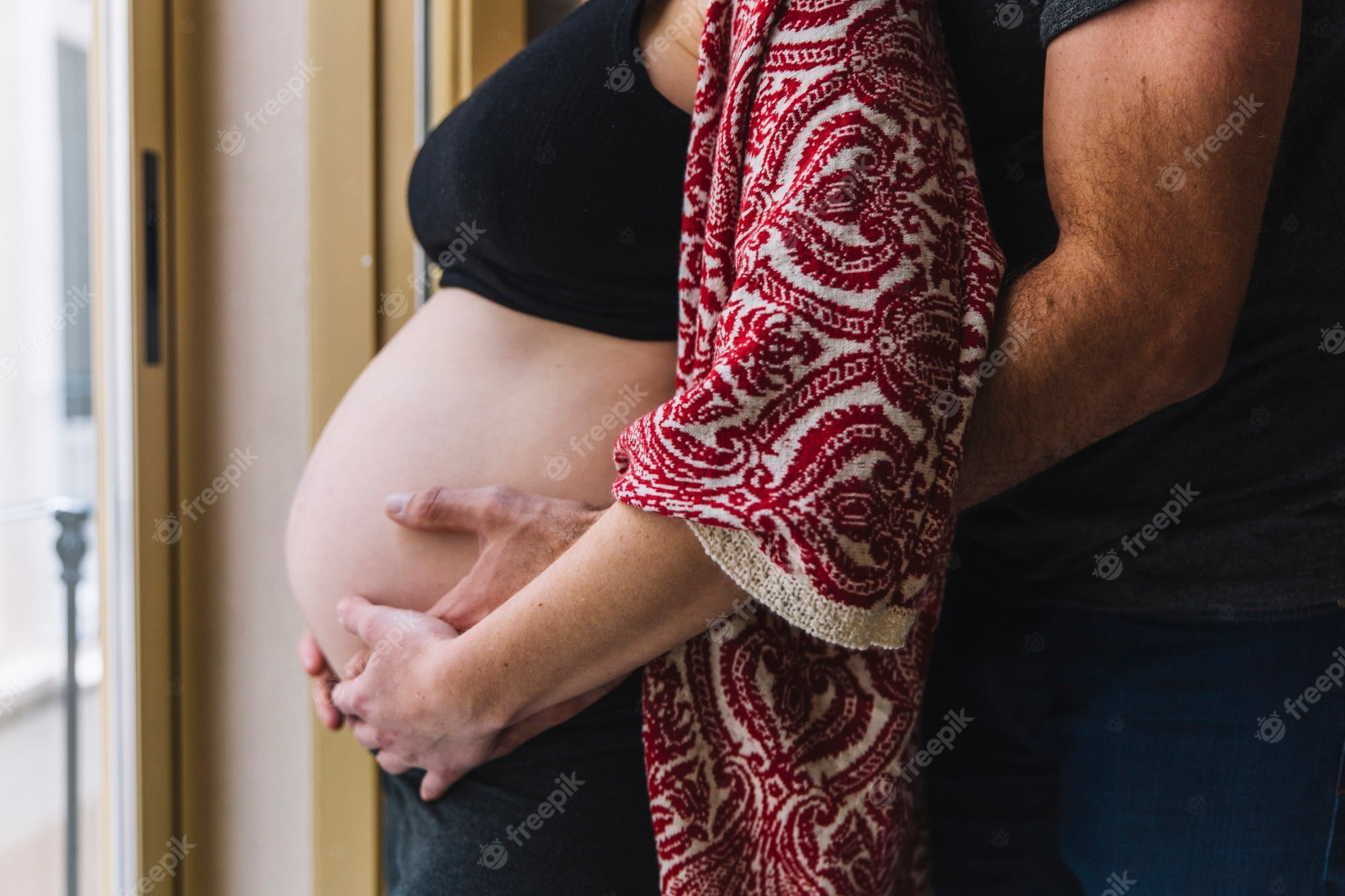
Contents
Introduction
Gallbladder removal surgery, also known as cholecystectomy, is a common procedure performed to alleviate gallbladder-related problems. However, for women who have undergone this surgery and are planning to become pregnant or are already pregnant, it is important to be aware of certain considerations and precautions. In this article, we will discuss what you need to know about maintaining a healthy pregnancy after gallbladder removal.
Understanding the Role of the Gallbladder
The gallbladder plays a crucial role in the digestion and absorption of fats. It stores bile, a substance produced by the liver that helps break down fats. When the gallbladder is removed, bile is directly released into the digestive system, which can sometimes lead to digestive issues, particularly related to fat digestion.
The Impact of Gallbladder Removal on Pregnancy
Gallbladder removal surgery itself does not directly affect pregnancy or fertility. Women who have had their gallbladders removed can still conceive and have a healthy pregnancy. However, certain factors need to be considered to ensure a smooth pregnancy experience.
Managing Digestive Issues
After gallbladder removal, some women may experience digestive issues, such as diarrhea, bloating, or fatty food intolerance. During pregnancy, these symptoms can be exacerbated due to hormonal changes and increased pressure on the digestive system. To manage these symptoms, it is important to follow a healthy and balanced diet that includes small, frequent meals. Avoiding high-fat or greasy foods and incorporating fiber-rich foods can also help regulate digestion.
Nutritional Considerations
A healthy pregnancy requires proper nutrition to support the growth and development of the baby. Without a gallbladder, the body may have difficulty digesting fats, which are essential for the absorption of fat-soluble vitamins like vitamins A, D, E, and K. It is important for women who have undergone gallbladder removal to work closely with their healthcare provider or a registered dietitian to ensure they are getting adequate nutrition, including essential fatty acids and fat-soluble vitamins.
Supplementation
In some cases, healthcare providers may recommend specific supplements to support digestion and ensure adequate nutrient absorption after gallbladder removal. These may include digestive enzymes to aid in fat digestion or bile acid supplements to compensate for the lack of bile storage. However, the use of any supplements during pregnancy should be discussed and approved by a healthcare professional.
Monitoring Gallstone Formation
In rare cases, gallstones can still form in the bile ducts even after gallbladder removal. This can lead to complications such as pain, infection, or jaundice. During pregnancy, the risk of gallstone formation may be slightly higher due to hormonal changes and increased cholesterol levels. It is important to monitor for any symptoms of gallstone-related issues, such as severe abdominal pain or jaundice, and promptly consult a healthcare provider if such symptoms arise.
Regular Prenatal Care
Maintaining regular prenatal care is crucial for any pregnant woman, including those who have had their gallbladders removed. Regular check-ups, ultrasounds, and blood tests can help monitor the overall health of the mother and baby, detect any potential complications early on, and ensure appropriate management.
Conclusion
Pregnancy after gallbladder removal is possible and can be a healthy experience with proper care and attention. It is important for women who have undergone gallbladder removal to be aware of the potential digestive issues, nutritional considerations, and the need for regular monitoring. By working closely with healthcare providers and adopting a balanced diet, women can optimize their health and ensure the best outcomes for both themselves and their babies during pregnancy.




